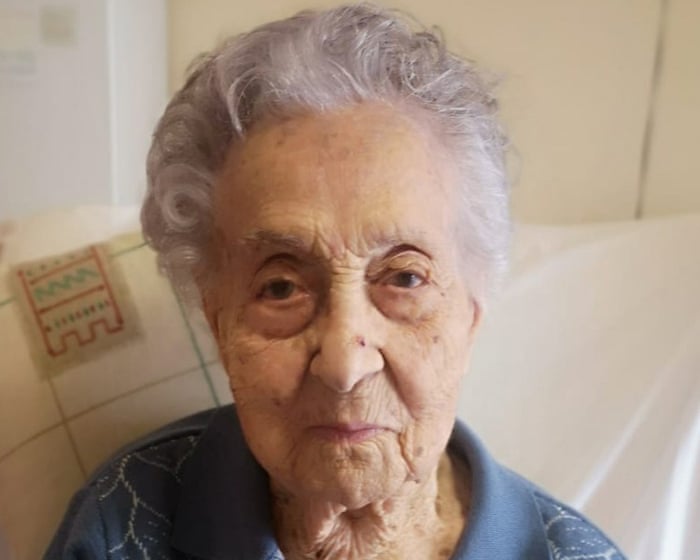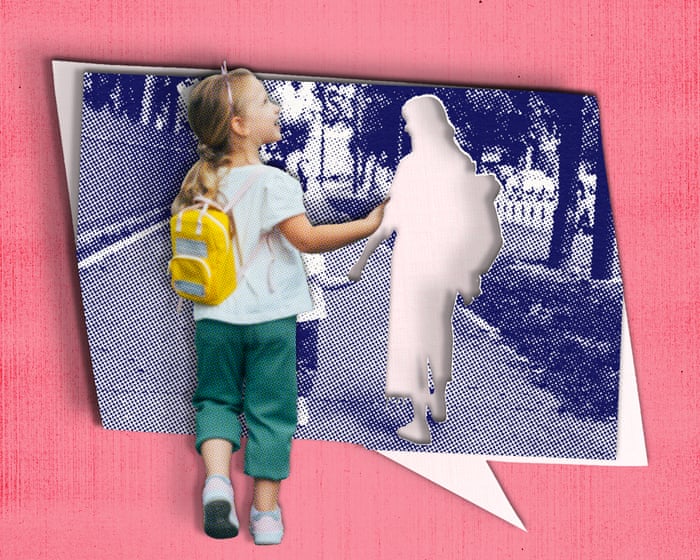The Spanish government has granted citizenship to 170 descendants of International Brigade volunteers, honoring their ancestors’ stand against fascism during the Franco dictatorship that followed the civil war.
Around 32,000 volunteers from across the globe joined the anti-fascist brigades during the conflict, including about 2,500 from Britain and Ireland, with 530 losing their lives.
At a ceremony in Madrid, Prime Minister Pedro Sánchez welcomed the new citizens, saying, “It will be an honor to call them compatriots. We are defending the same democracy they fought for at a time when it faces threats worldwide.”
This month marks 50 years since the death of Francisco Franco, whose 1936 coup sparked the three-year civil war.
Jim Jump, chair of the International Brigade Memorial Trust in London, commented, “The Spanish government’s decision shows its commitment to overcoming the dark legacy of the Franco era. Many families of the Brigaders kept campaigning for democracy in Spain during those difficult years. Granting them citizenship honors the Spanish Republic’s promise to provide a home for these volunteers.”
Among those receiving citizenship is Peter Crome, a retired geriatric medicine professor and son of Len Crome, who served as a doctor with the International Brigades at Jarama near Madrid and during the Battle of the Ebro.
Len Crome, born in Latvia when it was part of the Russian Empire, moved to Britain in 1926 to study medicine in Edinburgh. Peter described his father as what would now be called a left-leaning individual, though not a party member, who was driven to Spain by concerns over rising fascism and antisemitism.
A polyglot who spoke Russian and German among other languages, Len Crome could communicate with volunteers from many countries. By the time the brigades withdrew in late 1938, he had risen to chief medical officer.
Upon returning to Britain, he anticipated war with Germany and tried to join the territorial army but was rejected due to not having a British father, making him “eligible for removal from the UK.” Peter believes this rejection and his experiences in Spain led his father to join the Communist Party.
Despite this, Len was later conscripted during World War II, serving again as a doctor and earning the Military Cross for bravery at the Battle of Monte Cassino in Italy.
Peter Crome noted that this recognition for descendants results from long-standing efforts by groups in Spain and beyond. Between 2009 and 2013, citizenship was granted to 23 surviving International Brigade members.
The government is also taking steps to outlaw the National Francisco Franco Foundation, giving it 10 days to counter claims that its activities glorify Francoism and disrespect victims, after which legal action will follow.
Additionally, a royal decree is expected this month to remove pro-fascist symbols and dictatorship relics from public spaces, as Sánchez emphasized, “so they can be eliminated from our streets, squares, and cities without delay or excuses.”In addition to honoring the international volunteers, the government also paid tribute to 18 victims of the dictatorship. These included the poet Federico García Lorca, who was killed in 1936, and filmmaker Luis Buñuel, who was exiled and had his work banned in Spain.
Laura García Lorca, the poet’s niece, remarked: “As we accept this honor today, we remember not just Federico but also the countless women and men who lost their lives, freedom, or right to speak out—those executed, imprisoned, exiled, purged, or forced into silence.”
Among the lesser-known individuals recognized at the event were Margot Moles Piña, a trailblazer for women’s sports in Spain, and trade unionist Antonio Menchén Bartolomé. María Luisa Ramos Barril, 98, who was sent to the Mauthausen concentration camp in 1940, was there to receive the award.
Frequently Asked Questions
Of course Here is a list of helpful and clear FAQs about Spains offer of citizenship to descendants of International Brigade members
Beginner Definition Questions
1 What is this all about
Spain has passed a law offering citizenship to the descendants of foreign volunteers who fought in the International Brigades during the Spanish Civil War as a gesture of gratitude
2 Who were the International Brigades
They were military units made up of tens of thousands of antifascist volunteers from over 50 countries who came to Spain to fight for the democratic Republic against Francos nationalist forces
3 Who exactly is eligible for citizenship
The law grants eligibility to the children and in some cases grandchildren of individuals who were officially recognized as members of the International Brigades
4 Is this the same as the Law of Democratic Memory
Yes this citizenship offer is a specific part of the wider Law of Democratic Memory which was approved to address the legacy of the Spanish Civil War and the Franco dictatorship
Benefits Practicalities
5 What are the main benefits of obtaining Spanish citizenship
As a Spanish citizen you gain the right to live work and study anywhere in Spain and the broader European Union without any restrictions You also get an EU passport which allows for visafree travel to many countries
6 Do I have to give up my current citizenship
No A key feature of this law is that Spain does not require you to renounce your existing nationality
7 Is there a deadline to apply
Yes The application period is limited It opened in October 2022 and is currently set to close in October 2024 Its crucial to start the process as soon as possible
8 Do I need to live in Spain to get the citizenship
No there is no residency requirement You can apply from your home country through the Spanish consulate
Application Process Common Problems
9 What is the most important document I need
The most critical piece of evidence is official documentation proving your ancestor was a member of the International Brigades This is often obtained from historical archives
10 Where can I find proof of my ancestors service
Start with the



